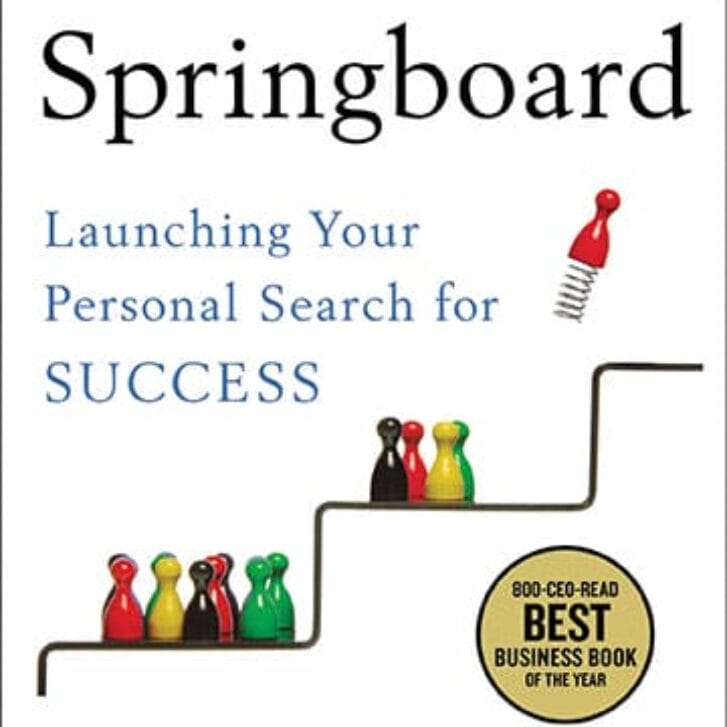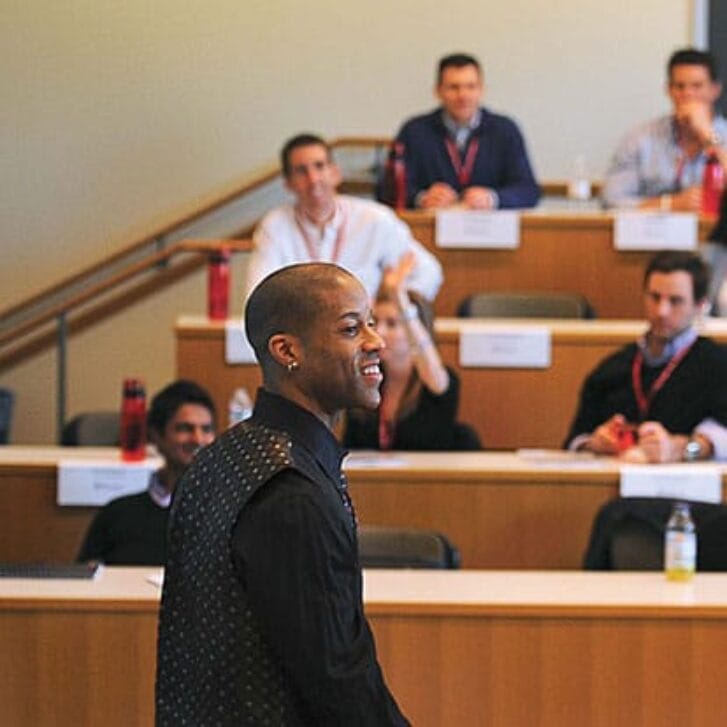Yes, Steve Forbes still supports a flat tax.
Back in 1996 and 2000, when the publishing magnate ran for President, it seemed his entire platform was built around tax reform—radical tax reform. He proposed scrapping the U.S. tax code and replacing it with a flat tax that he believed would make life easier for Americans, streamline government and help stimulate the economy.
Nine years after his last run, Forbes still believes the flat tax could be America’s salvation. “Twenty-five countries have tried it,” Forbes told Wharton Magazine student correspondent Crystal Lu, W’13, recently. “And it’s succeeded everywhere it’s been tried.”
Lu caught up with Forbes for a quick interview just before he spoke at Penn’s Irvine Auditorium on Nov. 3.
Q. What is your opinion on the Obama Administration’s handling of the economic crisis so far?
So far it’s been a big disappointment. First, the Obama Administration is continuing the Bush Administration’s policy of the weak dollar, which guarantees a weak recovery. This should not be a partisan issue. After all, Bill Clinton had a strong dollar, Ronald Reagan had a strong dollar, and I believe John Kennedy, too. So Bush was the first since Carter that had a weak-dollar policy and the Obama administration has not changed it. That’s one of the reasons why small businesses are having a very hard time getting credit, which is going to hurt job creation next year. It will also give us inflation unnecessarily. [The administration’s] tax policies, if enacted, would be very harmful. Raising tough personal rates won’t affect just individuals, but also small- or medium-sized businesses, many of which are taxed at personal rates not corporate income tax rates, so you get a double hit on those. I worry about trade. The administration has done nothing about free trade. Since Herbert Hoover, that has been happening. I hope that changes but so far it’s been protectionist.
Q. Do you think there have been any major missteps taken by the Administration?
Trade is huge. The stimulus plan was a nice waste of money, most of it. If they wanted a true stimulus, they would have cut the payroll tax for a couple of years, which would have given people money instantly and also lowered the cost of employing people. So the dollar, taxes, trade, healthcare—I think we should be going [in] the opposite direction. Instead of a government takeover, we should have more patients control healthcare resources, not bureaucracies. And on energy, why not move to promote exploration for natural gas and developing nuclear energy? They are very slow so far in proposals to modernize the grid and if you want wind power, you better have transmission lines to move the electricity. They haven’t done that.
Q. Going back to healthcare, you don’t believe there should be a public option?
Well that’s government, and I’ve seen what the government has done to Medicare, Medicaid, Social Security, housing. And what they should do, instead, is remove barriers to people buying insurance around the country. If you live here in Philadelphia, it’s illegal for you to buy insurance in New York or New Jersey. You’re allowed to buy cars there. You’re allowed to open up brokerage accounts, banks accounts. Why can’t you buy health insurance? That way you’d get real competition. Right now each state erects its own barriers. A lot of states have very little competition.
Q. Your political platform was built on tax reform. If you could enact a single reform today, would you still like to put in a flat tax?
Well, what a flat tax does is jump the current tax code, all 9 million gory words of it, and replaces it with a single rate, with generous exemptions for adults and for kids. A family of four, for instance, would pay no federal income tax on your first $46,000 of income, no tax on your savings, no death taxes. On the business side, it would reduce the rate from 35 percent to 17percent. My flat rate would be 17 percent. It would also get rid of depreciation schedules. So if you make a capital investment—you know, build a plant or buy a computer or truck—you would expense it in the year in which you make it, instead of over several years. … You’d see the economy take off like a rocket.
Q. Could you tell me about your new book: How Capitalism Will Save Us: Why Free People and Free Markets Are the Best Answer in Today’s Economy?
What it does … is walk through what capitalism actually is, how it works and the raps against it—the greed, that it’s unfair, that it crushes the small, that it hurts the poor, that it’s not good for healthcare, and on down the line. And it deals with them in a very conversational way, and what it gets to is the essence.


























